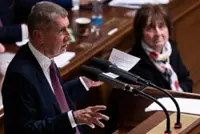If you still think of this 'kidfluencing' as kid’s stuff, it is bracing to note how the rest of the world increasingly appears to be taking it seriously. — Image by Freepik
“Kidfluencers.”
That’s the term in the online world for children and teens with the ability to influence potential buyers of a product or service through their appearances on social media.





